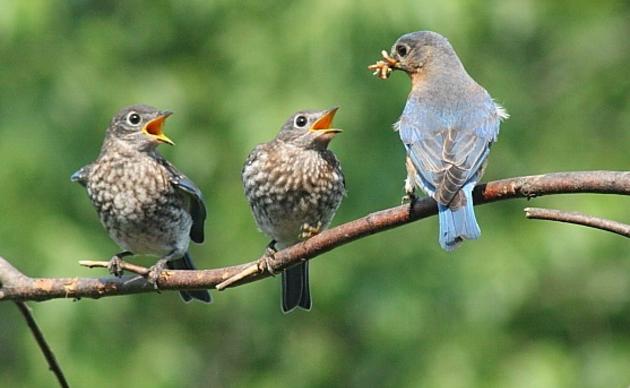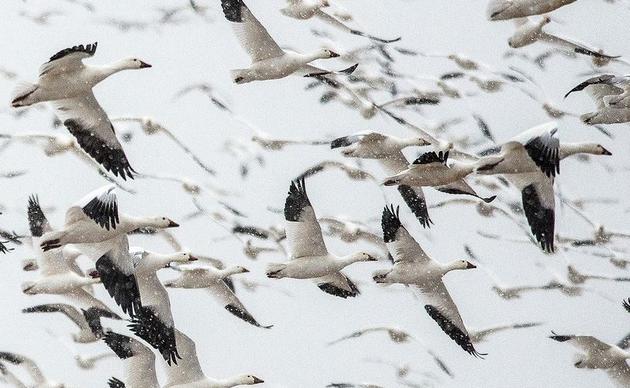NEW YORK – The Migratory Bird Treaty Act, one of the first environmental laws in the country, turned 100 this week – but the protection it provides is in serious jeopardy.
Many states have named this the "Year of the Bird" in recognition of the centennial. But the U.S. Interior Department has said the legal penalties in the Act apply only to intentional killings.
Bob Dreher, vice president for conservation with Defenders of Wildlife, points out that the MBTA has been vital in protecting millions of birds a year from industrial activities that cause their unintended but foreseeable deaths.
That includes oil spills and the oil industry practice of maintaining large, open oil pits and tanks that birds mistake for water.
"There can be thousands, tens of thousands of birds that will get killed in a single large oil pit or oil tank,” says Dreher. “And it's really simple common sense to cover those tanks or to put a netting over them to keep the birds from landing on them."
The Interior Department has told federal wildlife enforcement agencies that the MBTA no longer applies to actions not specifically intended to kill birds.
New York is a major crossroads for migratory birds. Now the Trump administration wants to allow oil drilling in the state's coastal waters.
Ana Paula Tavares – executive director, Audubon New York and Audubon Connecticut – notes that the Deepwater Horizon oil spill killed tens of thousands of birds.
"There was about $100 million in investment in restoring bird habitat that would have not been available if it was not for the MBTA," says Tavares.
Seventeen former top Interior Department officials from almost every presidential administration since the early 1970s have repudiated the new interpretation of the Migratory Bird Treaty Act.
Though the Interior Department's actions could be reversed by Congress or a change in the administration, Dreher says that could take months or years.
"In the meantime, birds are at risk and so, we're doing the only thing we can to try to turn this back as quickly as we can – and that is to ask the court to reverse it," says Dreher.
A coalition of groups, including the Audubon Society and Defenders of Wildlife, has filed a federal lawsuit in New York challenging the elimination of MBTA protections for birds.
News
Federal Law Protecting Birds for 100 Years is Rolled Back
During the "Year of the Bird," Audubon and others urge the administration to reverse the harmful changes being made to the MBTA.
Originally published by Public News Service
July 6, 2018 | By Andrea Sears, Public News Service - NY



